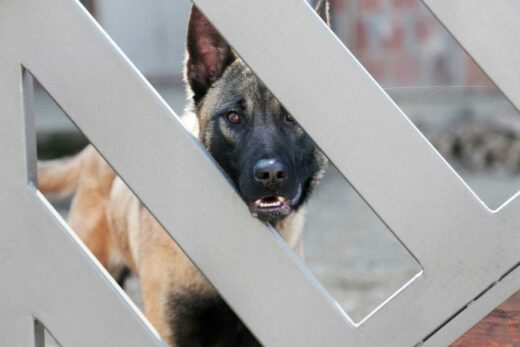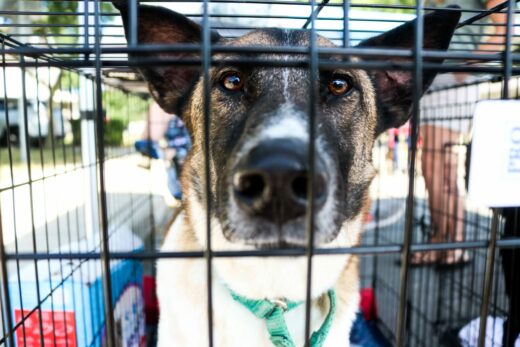
Owners will often bring their dog to the vet when their pet has been getting stiffer and slower and is having some trouble getting about. They may have noticed this change for weeks or months and felt it was ‘part of the normal aging process’. While many dogs can and do get arthritis, there is lots we can do to help them before it gets to this stage.
Preventing joint disease and treating it in its early stages can hugely impact a dog’s quality of life. Doing all we can to support our dog’s joint health can help them lead fuller and longer lives.
Why Joint Health is so Important
Unlike humans, dogs don’t have the option of using crutches or wheelchairs. On top of this, their days are spent walking and running rather than sitting on the sofa watching TV and filling in crossword puzzles. They like to keep active, even in their old age.
Signs of Joint Disease
Dogs will rarely vocalise in pain or refuse to walk. They are stoic creatures that tend to ‘just get on with it’. Even when in quite a lot of pain, dogs will still run after their favourite ball or rush to greet us when we arrive home from work. Signs of joint pain can be subtle and will include:
- Slowing down
- Getting tired more quickly on walks
- Stiffness when rising, especially in the mornings
- A hesitance to jump
- Joint swelling
- Crepitus (creaking or popping of the joints that is audible)
- Muscle wasting
- Reduced appetite
- Panting
- Shaking





